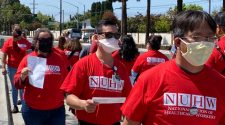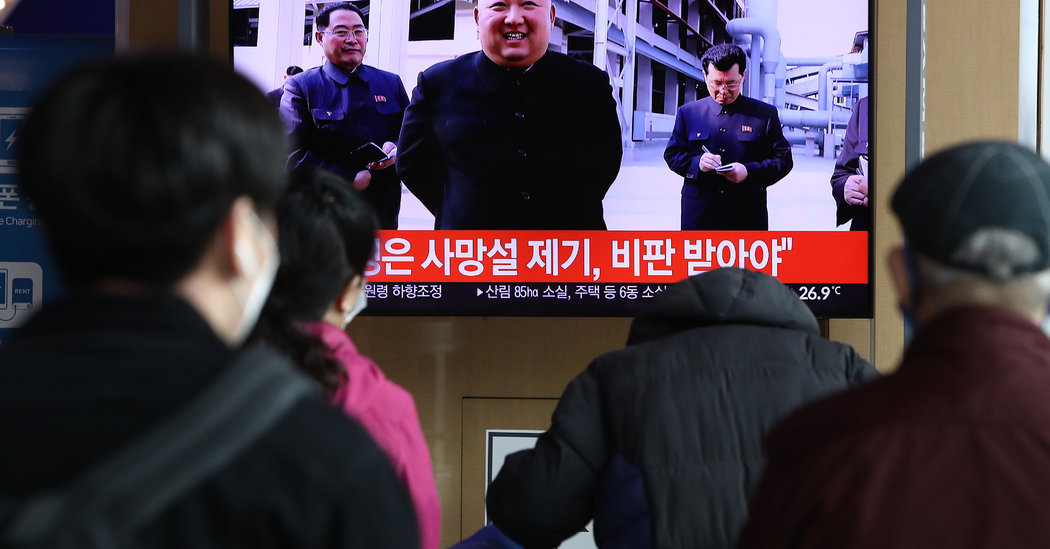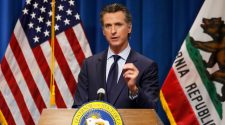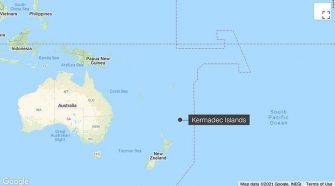SEOUL, South Korea — North Korea’s leader, Kim Jong-un, demonstrated his flair for the dramatic this weekend when he reappeared after three weeks of unexplained absence, cutting the ribbon on a fertilizer factory — and quieting rumors that he was gravely ill.
There seems little doubt now that Mr. Kim is alive and well. On Saturday, North Korean state media released photos and video footage of him smiling, chatting and walking before a large crowd at the ribbon-cutting ceremony, which it said took place on Friday.
Such reports are almost impossible to confirm. But after the photos appeared, South Korea — which had repeatedly insisted there was “nothing unusual” happening in the North — issued a strong rebuke about the various news reports that had suggested Mr. Kim was in peril.
“The groundless rumors about North Korea have caused various unnecessary economic, security and societal confusion and costs,” the South’s Unification Ministry said in a text message to reporters.
Still, Mr. Kim’s reappearance did nothing to explain the three-week absence from public view that led to the rumors, not least why he missed the important April 15 state ceremonies for the birth anniversary of his grandfather Kim Il-sung, North Korea’s founder.
And the speculation about Mr. Kim’s well-being — some reports had him in a “vegetative state” after botched heart surgery — brought home an alarming fact: that the world simply doesn’t know what would happen to the North and its nuclear arsenal should he suddenly die or become incapacitated.
Unlike his grandfather and his father, Kim Jong-il, both of whom spent years grooming their chosen sons as successors, Mr. Kim, 36, has no heir apparent. He is said to have three children, all too young to govern; his younger sister, Kim Yo-jong, has become a trusted aide, but there is skepticism that the North’s elderly generals would answer to a young woman.
“If anything, the past 10 days of frenzied speculation have revealed our weaknesses in intelligence and in reporting on what is happening inside North Korea,” said Jean H. Lee, a North Korea expert at the Woodrow Wilson International Center for Scholars in Washington. “Regardless, it has refocused our attention on Kim, his health, stability in North Korea and the family’s hold on power.”
Even the perception of a leadership vacuum in the North could have dangerous consequences, analysts say. Misinformation could lead to miscalculation or unintended escalations by one party or another.
Over the decades, the rulers of the Kim dynasty have often disappeared from view for weeks or even months at a time. Each absence generated rumors of a coup, an assassination or a health crisis, always fueled by a lack of firsthand information about the leadership in Pyongyang, the capital.
This time was no different. Even two North Korean defectors who were recently elected to the South’s Parliament — who might be expected to read the Pyongyang tea leaves better than most — said they were sure Mr. Kim was either dead or seriously ill.
But his plan to build a “self-supporting” economy in the face of international sanctions has been ambushed by the coronavirus, which forced North Korea to shut its borders. On Saturday, the state news agency said the fertilizer plant opened by Mr. Kim represented a “great victory” against the “mean sanctions and pressure from hostile forces” amid “the global catastrophe caused by the malicious virus.”
One of the biggest lessons from recent weeks is that “the world is largely unprepared for instability in North Korea,” said Leif-Eric Easley, a professor of international studies at Ewha Womans University in Seoul.
Outside analysts fear that if Mr. Kim suddenly died, the country’s dozens of nuclear devices — as well as chemical and biological weapons, conventional arms and a 1.2 million-strong military — would be at the center of a messy, cutthroat contest for power.
“The combination of loose nukes and political conflict is a nightmare scenario for the world,” said Danny Russel, vice president of the Asia Society Policy Institute, who dealt with North Korea as a National Security Council director at the White House and an assistant secretary of state for Asia. “Political turmoil could lead a faction or a commander to brandish or — God forbid — launch a nuclear-armed missile.”
Mr. Russel said that in the event of a leadership struggle, Washington’s immediate priority would be to ensure “the security of North Korea’s nuclear weapons and material.” But its work would be “handicapped by the intelligence community’s uncertainty about their exact whereabouts — something the North Koreans have gone to great lengths to conceal,” he said.
China also fears instability in North Korea, which it considers a buffer state between itself and the American forces in South Korea.
Some analysts think China would intervene to secure the North’s nuclear facilities and install a new leader to its liking, should Mr. Kim’s rule end. But others are skeptical about its ability to do so, given the deep-rooted distrust that has shadowed the countries’ alliance. Besides, decades of extreme nationalistic indoctrination have left North Koreans wary of any intervention by foreigners, be they American or Chinese.
The police state’s control over the population has been such that a civil uprising is all but unthinkable in the North. But if that control should loosen during a murky transition period, long-held grievances against official corruption and economic hardship could erupt into protests.
Such considerations have long complicated discussions between American and South Korean officials as they struggled to formulate top-secret plans for handling crises in North Korea, including how to prevent the North’s nuclear arms from falling into the wrong hands.
“With U.S.-China relations at an absolute low point, what happens if U.S. and Chinese special forces find themselves face to face while attempting to seize control of a North Korean base?” Mr. Russel asked.
“Conversely, Washington may suddenly have to deal with a South Korean ally who sees a now-or-never chance to reunify the Korean Peninsula and begins a northward push despite U.S. objections,” he said. “Does the United States in that case relent and provide air cover and support, or stand back and run the risk of a military disaster?”
For now, such questions will subside — until Mr. Kim disappears again.















